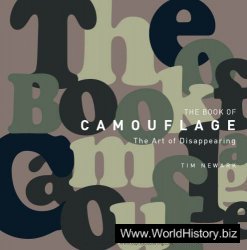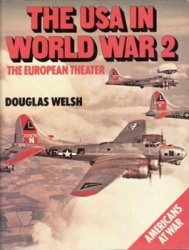Europe was especially weakened by the war. Several frontrank
powers of 1939 had slipped to second rank by 1945, not
only countries which had lost the war but also some that had
won. Italy, which had changed camps early enough to avoid disaster,
emerged in generally passable form, with the loss of a few
small parts of Istria and some French Alps, which did not seriously
damage her territorial integrity. But the war revealed
serious flaws in her economic structure. Democracy was restored
too quickly and some fascist elements survived. It was only
the common opposition to fascism which had united the various
factions of the resistance movement. Initially the Italians relied
on aid from the British and Americans to set their economy
going and to distribute food to the populations.
In Germany, catastrophe was absolute. By 1945, there was
nothing left. Rarely had such exuberant expansion been succeeded
so rapidly by such overwhelming defeat. Industrial
equipment, railways and roads were wrecked. The Russians set
the seal on the destruction by carrying off what functional
machines remained. The state had been wiped out; Germany had
ceased to exist. Only the Germans remained, demoralized by
their losses, by the absence of 3 million prisoners of war, by the
infamy of the Nazi crimes, by their implacable conquerers who
were eager for revenge. The exodus from the east overcrowded
the west. In the British zone population density rose to 246
per square kilometer. Moral standards lapsed. There was threat
of famine. Unemployment was nearly universal. On the other
hand, the disappearance of the class of great landowners and
Prussian officers transformed society. The mines were intact and
some sectors of industry were not as severely disabled as others.
But bankruptcy could not end and recovery could not begin
without the Allies' consent. Only the Americans showed concern.
In the meanwhile, a great vacuum had formed in central Europe.
France could not fill it, although she was one of the conquerors.
She had reorientated herself with impressive speed. The
resistance fostered a new spirit which united popular opinion
briefly behind the noble figure of General de Gaulle. With
moderate state control, France turned over a new economic leal.
but she had to struggle with some serious shortages and she was
harassed by inflation. General de Gaulle's foreign policy was
ambitious. He wanted to turn the Rhineland into a French
dependency. He tried to form an alliance with Soviet Russia in
order to counterbalance British and American domination, but
the Three Great Powers did not regard France as an equal. Her
reconstruction was financed by American aid.
Great Britain's position was similar. History teaches disappointing
lessons. Britain, which had held out against Germany
without losing heart in the most discouraging days of the
war and to which the free world owed a huge debt, was reduced
to a state of near-servitude. The Royal Navy had been surpassed
by the American Navy, Britain had lost 6 million tons of merchant
shipping between 1939 and 1945, and her merchant fleet
was now barely a third the size of America's. London's financial
markets were no longer the most important in the world. Huge
investments had been lost in South America, and large sums
were owed to the Dominions. The bills incurred under Lend-
Lease were cancelled, but Britain wras still forced to negotiate a
loan from the United States repayable over fifty years. Workers
clamoured for social reforms. They had contributed to the war
effort without complaining and the Labour Government could
no longer put them off. The effort to maintain full employment,
to nationalize key industries and to carry out the Beveridge Plan
could not be reconciled writh a prestigious role in world affairs.
The Empire began to dissolve, and the Labour Party were not
reluctant to be rid of it.




 World History
World History









